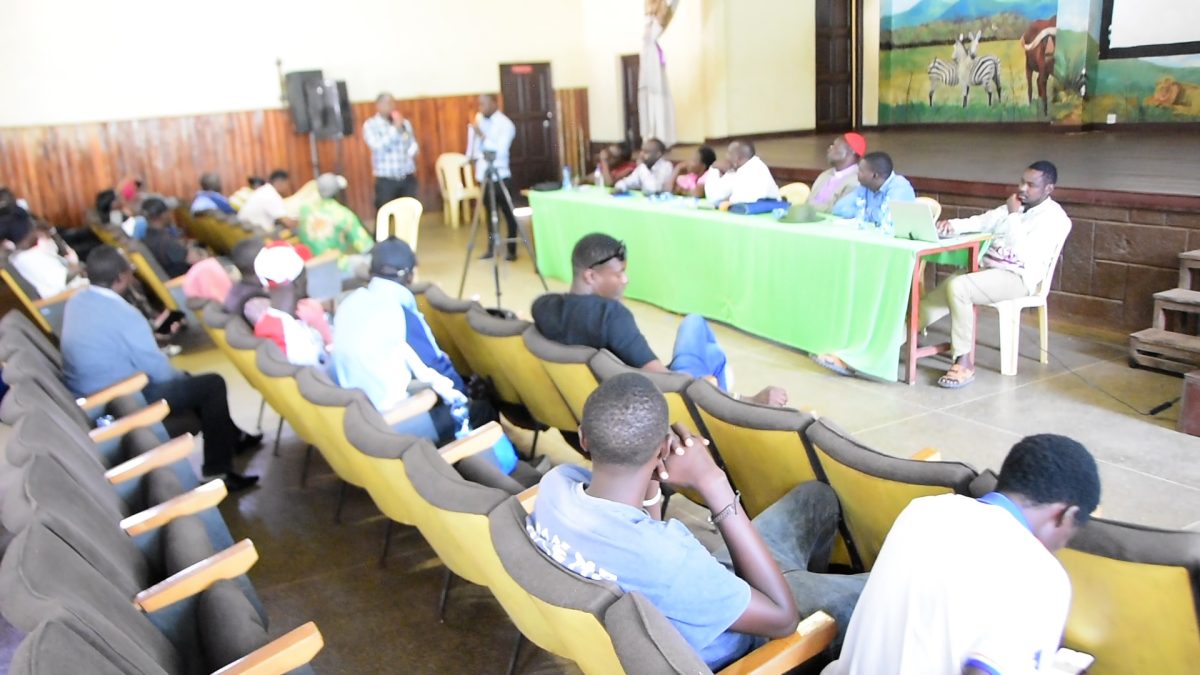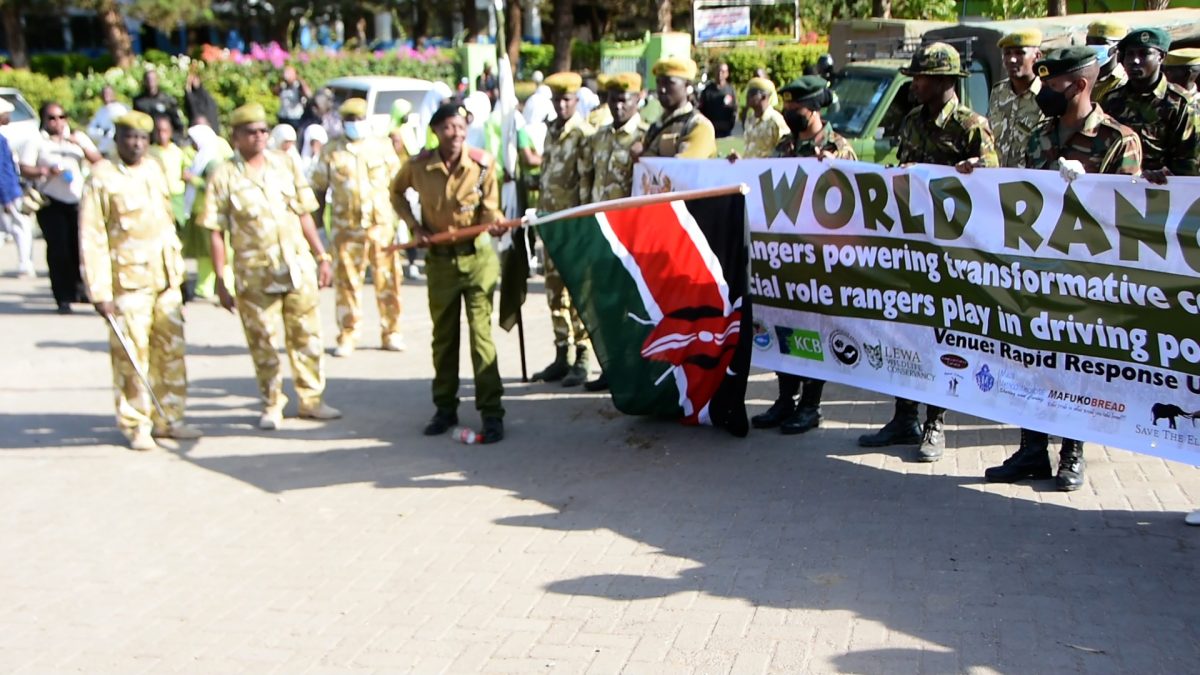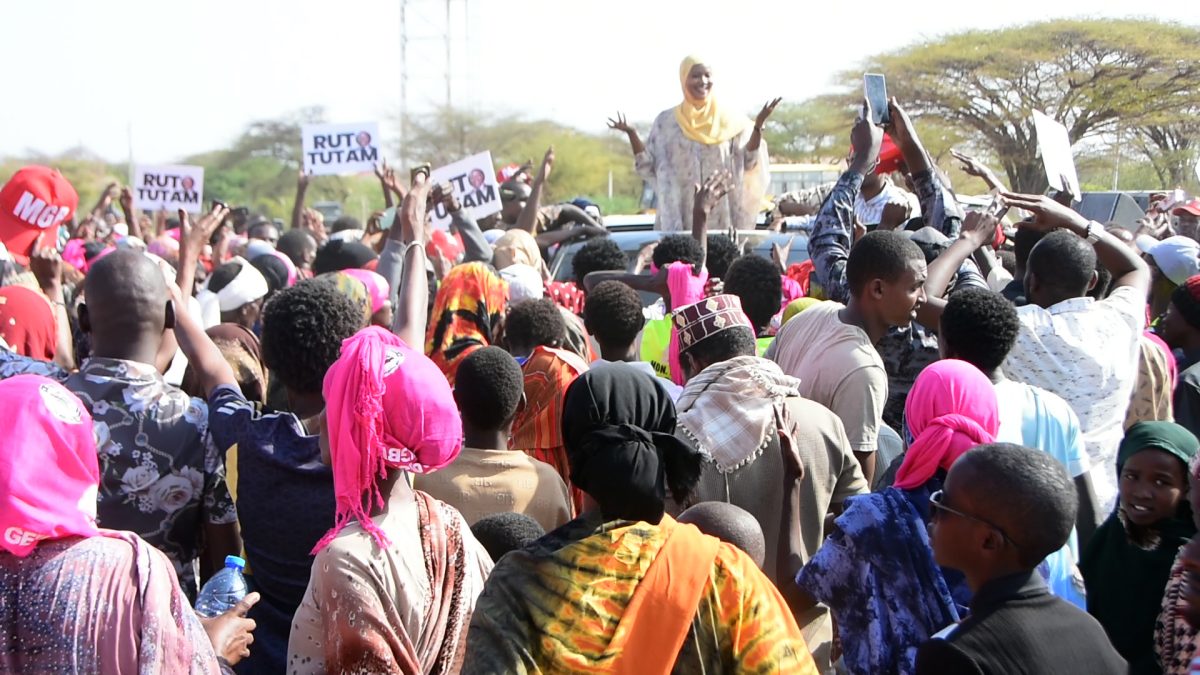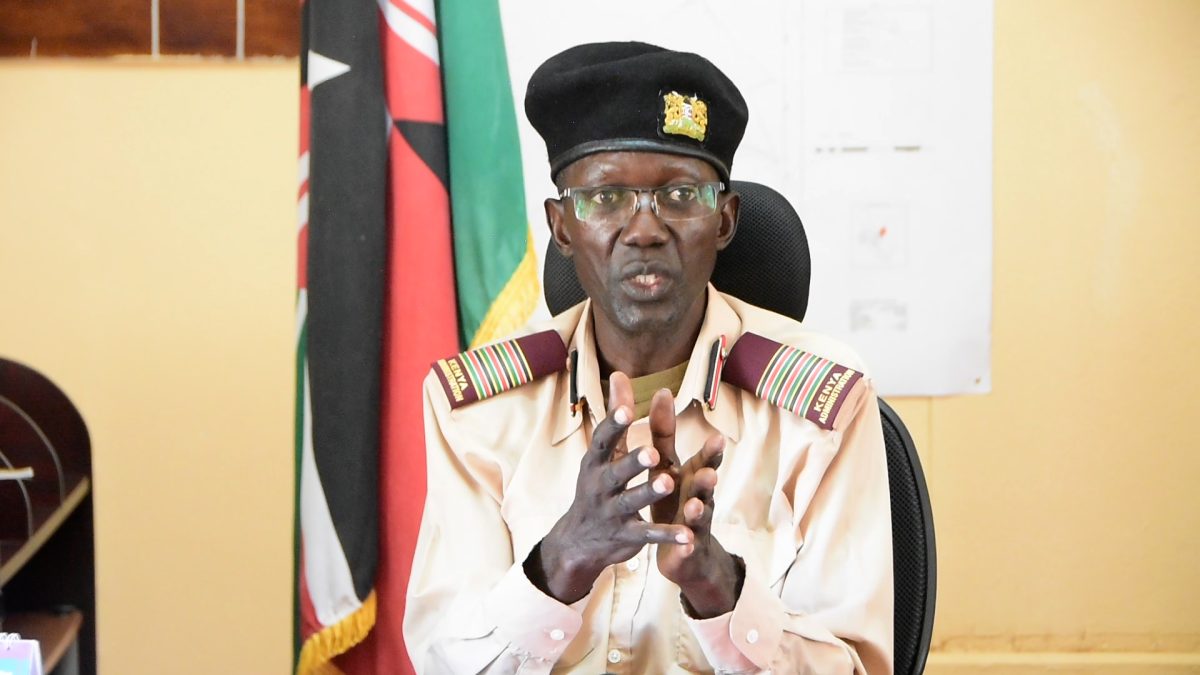Isiolo Elders Vow Not to Shield Criminals in Security Talks
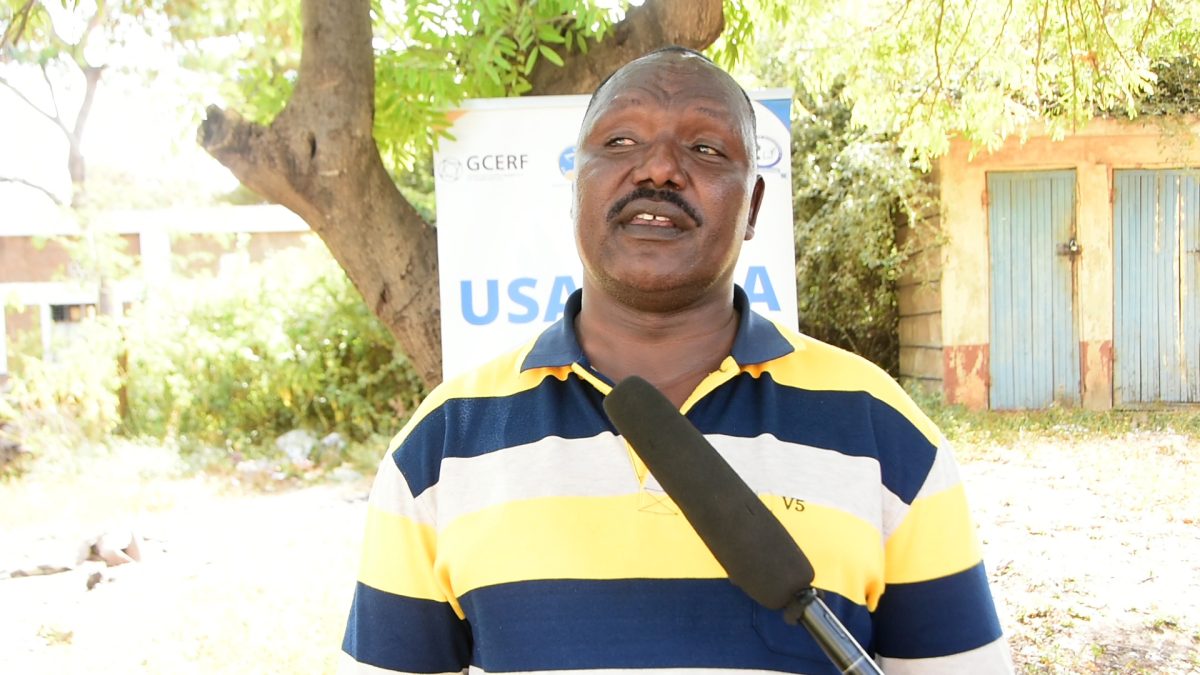
Community elders from various ethnic groups in Isiolo have pledged their full support to the government in combating insecurity, stating firmly that they will not shield criminals hiding behind their communities.
The meeting involved officials from Regional pastoralists peace link, the Office of the DCC Isiolo, and peace corps headed by chief Inspector Julius Mutabari, council of elders from Isiolo five communities and Lewa downs officials.
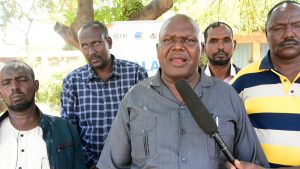
The elders declaration was made in the event of the recovery of over 600 camels stolen in Mlango—a violent incident in which one herder was killed and six others were injured by gunfire.
The leaders expressed their commitment to work alongside security agencies to help restore peace in the region.
Samuel Lokore, Chairperson of the Isiolo Grazing Committee, stated that elders would take the lead in identifying and surrendering individuals known to be involved in cattle rustling and other acts of violence.
Lokore added that a series of community sensitization forums would be organized to educate locals on designated grazing areas during the dry season and to develop livestock movement plans that prevent criminals from infiltrating communities under the guise of herding.
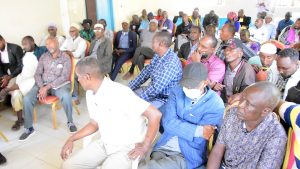
During the meeting, the elders also called on the government to ensure accountability within the security forces. Some elders accused police officers stationed in armored vehicles of failing to act during the resent raid, saying they did not use them even when bandits were within shooting range.
They questioned why available weaponry and equipment had not been effectively deployed to quash the attack that left one dead and six shot by the over 100 heavily armed bandits who terrorized the area.
Isiolo Deputy County Commissioner Christopher Siele welcomed the elders’ resolutions, saying their willingness to name suspects would significantly aid security operations in the region.
He emphasized that criminals often operate through tight-knit networks and exploit communal identities to shield themselves from justice.
“That era is coming to an end,” Siele said. “It’s time for every resident to recognize these individuals for what they are—criminals—and not allow them to hide behind cultural or communal affiliations.”
The meeting took place as pressure on grazing resources continues to mount, with more livestock crowding into Mlango in Burat Ward—an area traditionally preserved for use during dry seasons.
Hussein Hassan, a Somali elder, said camel herders from his community have increasingly become targets of cattle theft rings. He echoed concerns about lax security enforcement and criticized the failure of police to utilize available armored vehicles and weapons to deter livestock raids.
Officials from Lewa conservancy accused youths from Leparua community of carrying out criminal activities. It was revealed that some youth burnt a section of grass that host the rhino sanctuary at the Lewa conservancy while holding protests to demand for a road to be opened through the conservation area.
